On April 1st in Celtic History
Hunt the gowk, scottish equivalent of april fools day (gowk is a cuckoo)
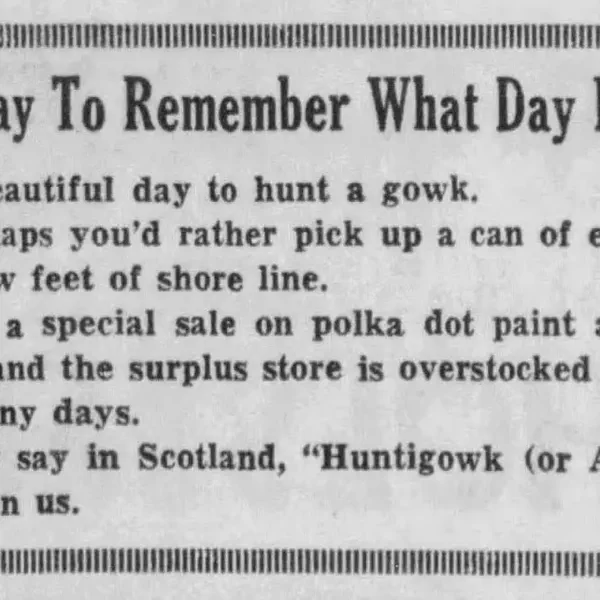
Hunt the Gowk, 1st April
In Scotland, April Fools’ Day was originally called “Huntigowk Day”. The name is a corruption of “hunt the gowk”, gowk being Scots for a cuckoo or a foolish person; alternative terms in Gaelic would be Là na Gocaireachd, “gowking day”, or Là Ruith na Cuthaige, “the day of running the cuckoo”.
On this day In Scotland, people would play tricks and tell lies to catch each other out. But the jokes had to stop at mid-day. In Scotland, the word Gowk means both fool and cuckoo. April 01, Old Style, fell on what is now April 13, and it is usually in the second week of April that the cuckoo utters its first note. People associated the cuckoo with folly a trait probably transferred from the cuckoos victim, as in the word cuckold, and it may be this way that the term gowk became associated with the victim of April fooling.
In Scotland, where the tradition is celebrated over the course of forty-eight hours, April Fools Day is also known as April Gowk, Gowkie Day or Hunt the Gowk. Gowk is Scottish for cuckoo (an emblem of simpletons) and thus, a gowk is the butt of any practical joke. The second day of the Scottish April Fools custom is devoted exclusively to pranks involving the posterior region of the body. This is known as Taily Day and the origin of the ever-popular Kick Me sign is likely traceable to this observance. The same custom takes place in the Orkney Isles (located just off the Scottish Mainland), where this areas Tailing Day is also celebrated on April 2.
The traditional prank is to ask someone to deliver a sealed message that supposedly requests help of some sort. In fact, the message reads “Dinna laugh, dinna smile. Hunt the gowk another mile.” The recipient, upon reading it, will explain they can only help if they first contact another person, and they send the victim to this next person with an identical message, with the same result.
In England a “fool” is known by a few different names around the country, including “noodle”, “gob”, “gobby”, or “noddy”
More From This Day
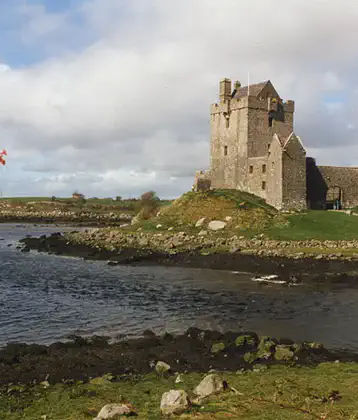
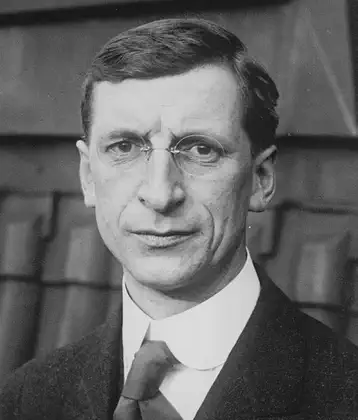
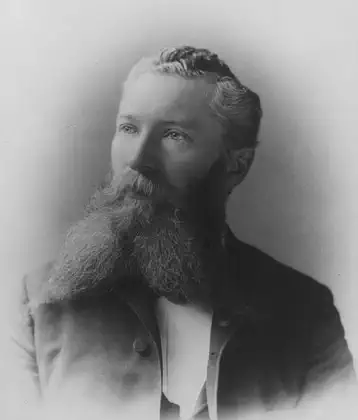
St. Clair Mulholland, Union Civil War General and Medal of Honor winner, is born in Lisburn, Co. Antrim
April 01, 1839
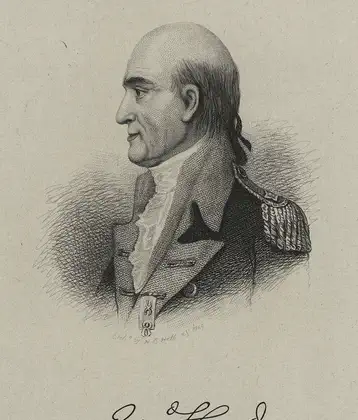
Irish-born Edward Hand is appointed a Brigadier General in the Continental Army
April 01, 1776

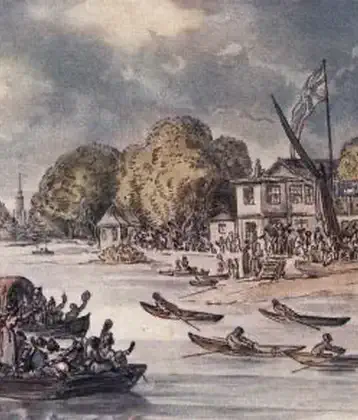

Dumbarton Castle, under siege since January 1570, captured by Captain Thomas Crawford
April 01, 1571
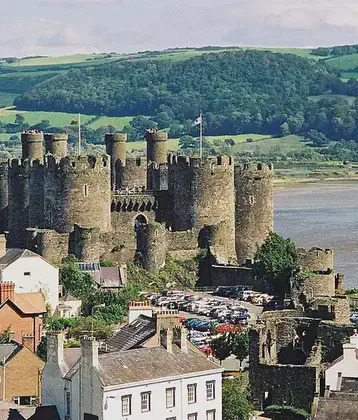

Risings by the native Irish in various parts of Munster and Leinster, continuing into 1330
April 01, 1329